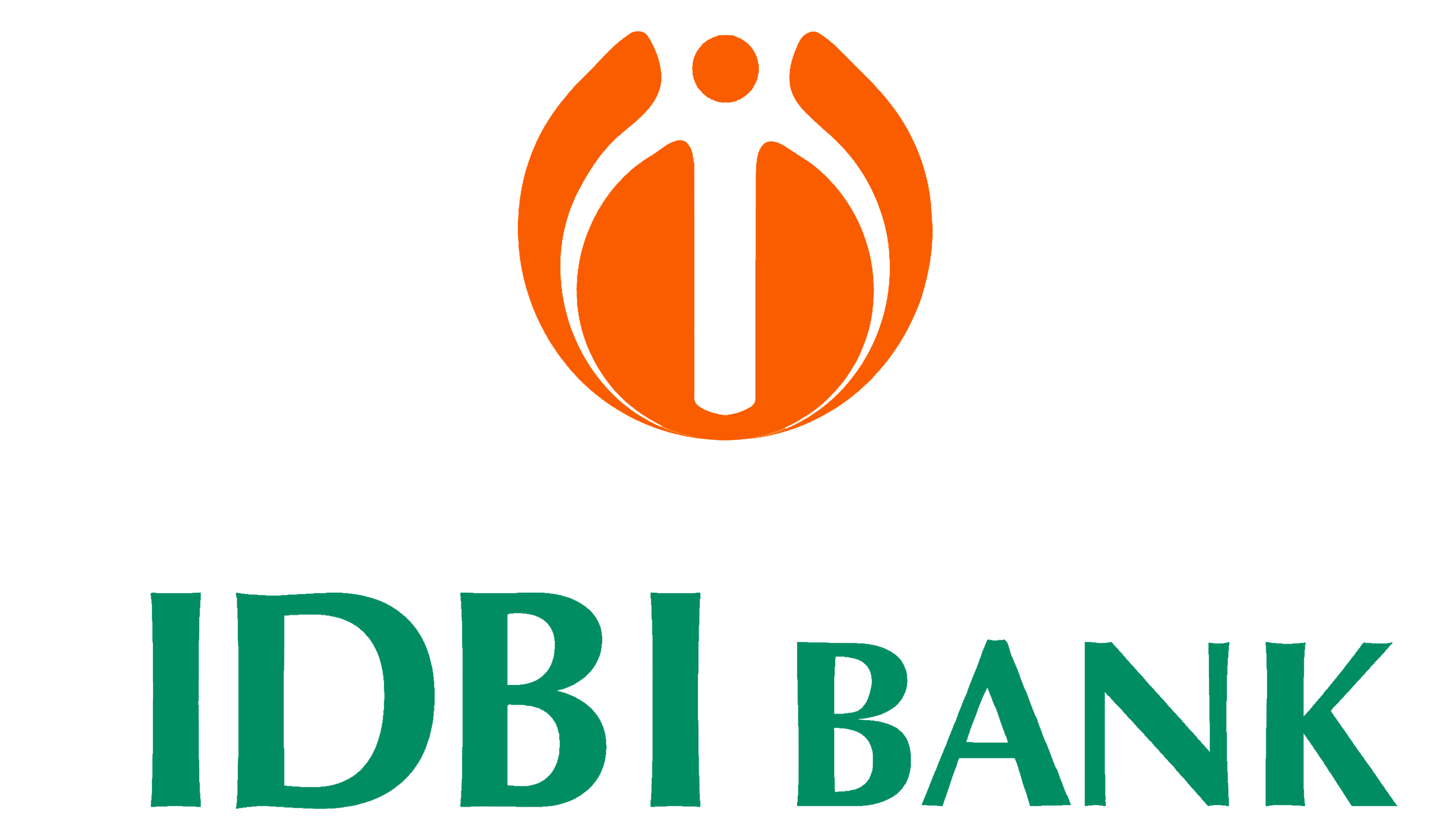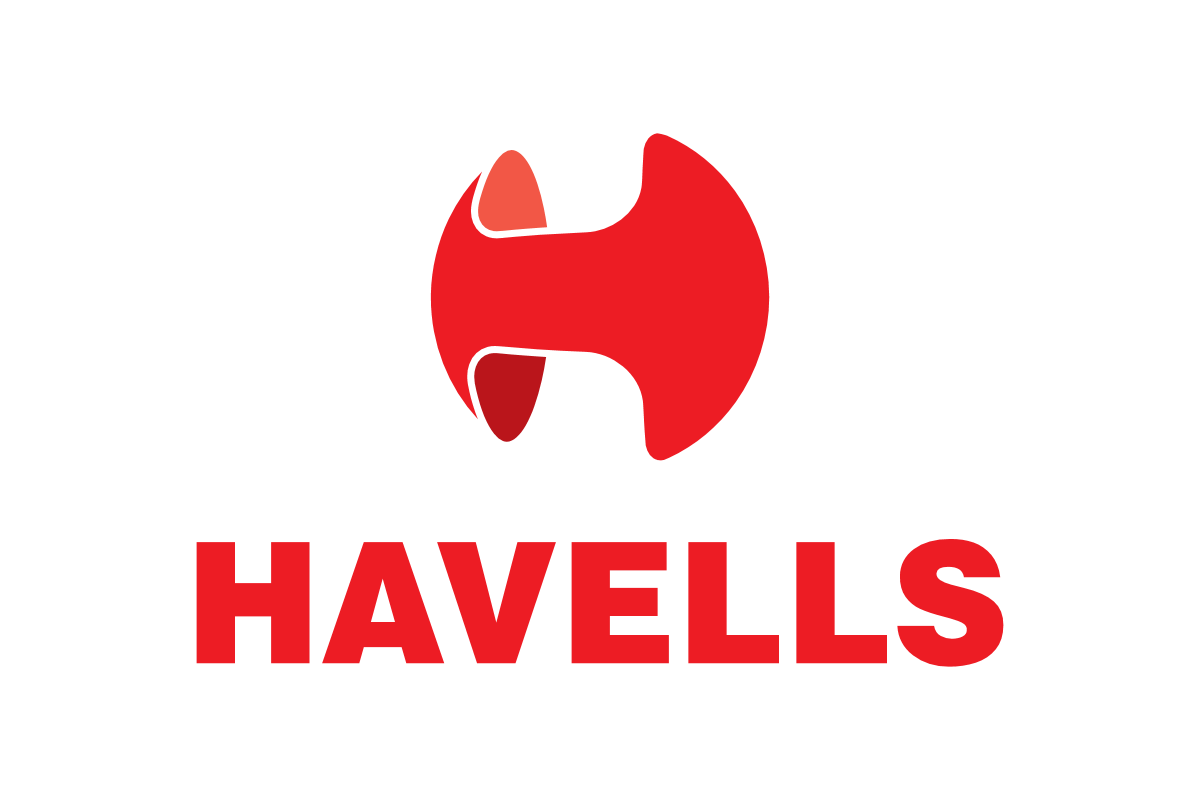1. Legal Recognition: Timely ROC filings safeguard the legal standing of the Farmer Producer Company (FPC), ensuring it remains a recognized corporate entity under the Companies Act, 2013. This legal status is essential for entering into contracts, owning property, and operating without restrictions.
2. Strengthened Credibility: Consistent compliance with ROC requirements enhances the company’s reputation among banks, government bodies, financial institutions, and private stakeholders, increasing the likelihood of receiving loans, grants, and collaborative opportunities.
3. Eligibility for Government Schemes: Only registered and compliant FPCs can access a wide range of central and state government schemes, including subsidies, financial assistance, and agricultural development programs, which can significantly boost growth.
4. Promotes Transparency and Governance: Regular filing of financial statements and returns fosters a culture of transparency and accountability, ensuring that the company operates under sound corporate governance practices.
5. Protection from Penalties and Legal Risks: Timely ROC compliance protects the FPC from heavy penalties, additional fees, legal notices, and the risk of being declared inactive or struck off by the Registrar of Companies.
6. Builds Investor and Member Confidence: Maintaining statutory compliance assures shareholders, members, and potential investors that the company is being managed professionally and responsibly, increasing trust and long-term engagement.
7. Ensures Business Continuity: Proper ROC compliance supports uninterrupted business operations by avoiding legal disruptions, thereby securing the long-term sustainability and growth of the FPC.
8. Expands Market Opportunities: A legally compliant and transparent FPC is more attractive to supply chain partners, institutional buyers, exporters, and government agencies, opening doors to larger markets and collaborations.














